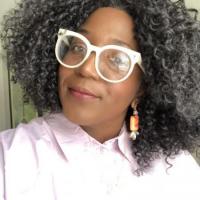
PMA professor named Academy Film Scholar
Samantha N. Sheppard, associate professor of performing and media arts, has been named a 2021 Academy Film Scholar by the Academy of Motion Picture Arts and Sciences
 Department Homepage
The College of Arts & Sciences
Department Homepage
The College of Arts & Sciences

Samantha N. Sheppard, associate professor of performing and media arts, has been named a 2021 Academy Film Scholar by the Academy of Motion Picture Arts and Sciences
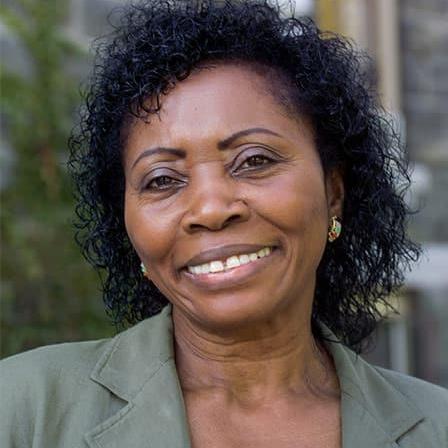
On June 15, the "All Things Equal" podcast featured Cornell Arts & Sciences Professor of American History Margaret Washington for a discussion of Juneteenth.
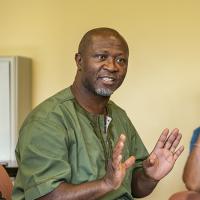
The attitude of African states to the Ukraine war is ambivalent. Political scientist Siba Grovogui explains why this is the case and why he also blames the West.

The panel suggested listening to scholarly experts, implementing new initiatives and engaging students and faculty in organizations beyond the university.
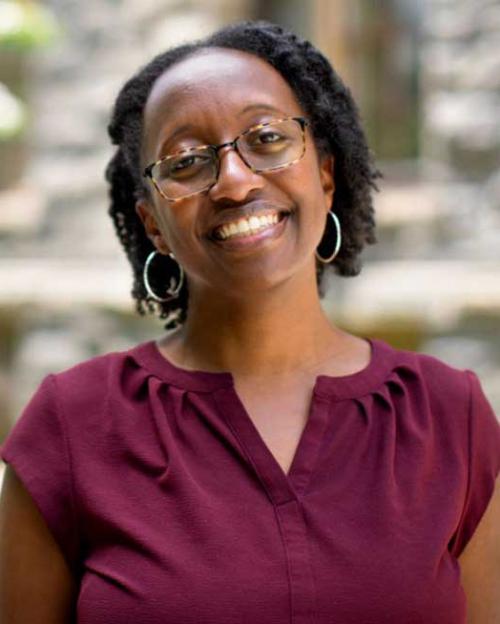
The holiday celebrates the day enslaved people gained their freedom. But they lacked political power then, as Black people too often do today, says associate professor Jamila Michener.
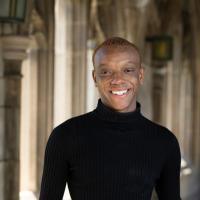
Aliou Gresseau-Gambrel is an Africana Studies & College Scholar major.

Seed grants, student travel grants and internships totaling $355,000 in the 2021–22 academic year supported international work done by many A&S faculty and students.

Eight members of the Class of 2020 share candid reflections on their lives over this past year.

Research supported by the 14 grants ranges from the physics of quantum computing to the design of new musical instruments.
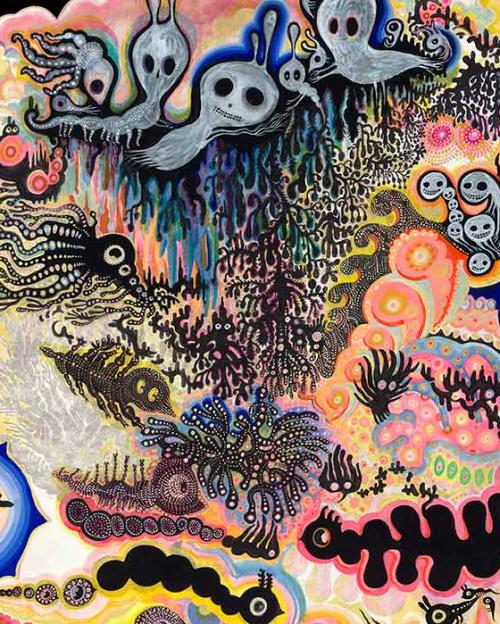
During 2020, Cornell’s Society for the Humanities chose “Afterlives” as its theme for 2021-22. Scholars from all over the world and all around the College of Arts and Sciences responded to the call, resulting in a record number of applications for the Society’s fellowships.
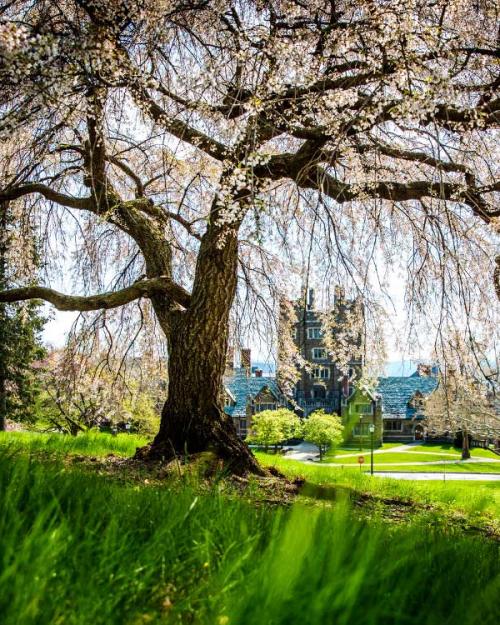
“During this challenging year, our faculty have demonstrated exemplary caring and commitment to our students."

The program aims to increase diversity in the ranks of faculty in academia.

On 5/27 and 5/28, Kristen Wright's one act play A PURSUIT will be performed in person at The Cherry Arts in Ithaca at 7:30 pm on both nights. If you will be in the Ithaca area at that time, please come out!

Migrations: A Global Grand Challenge, part of Global Cornell, has awarded grants totaling more than $500,000 to support faculty research addressing wide-ranging questions around domestic and global migration.

A number of special events are planned in the College of Arts & Sciences to celebrate Reunion 2022.
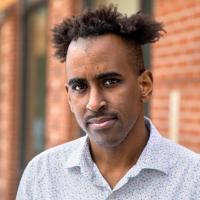
"Eight years ago this spring, unelected bureaucrats in Flint, Mich., switched the city’s municipal water source from Lake Huron to the Flint River. The sting of the decision persists to this day."

More than 30 students who have conducted research will present their work in a virtual conference May 6-7. One panel investigates the ideas of Goldwin Smith, while other presentations focus on migrant workers in Singapore, political violence in Africa and other topics.

Four faculty members and a Washington Post reporter discussed the ways racism shapes economic policies.
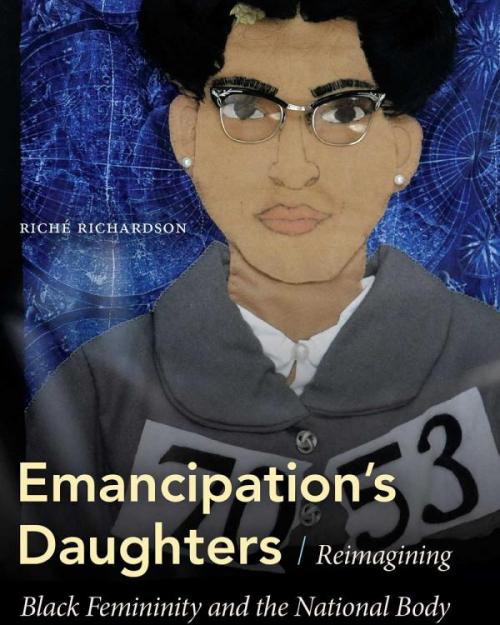
In her new book, Riché Richardson examines iconic Black women leaders who have contested racial stereotypes and constructed new national narratives of Black womanhood in the United States.

“If you don’t trust your water and you actively avoid it over persistent concerns on its safety, that’s a stark form of psychological trauma in and of itself.”

The webinar will feature four Cornell faculty experts looking at the past as well as present of the relationship of racism to capitalism and the unequal impact of COVID-19 on different sectors of the economy.
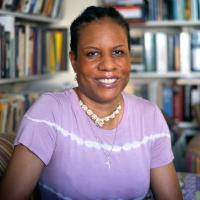
The holiday reminds professor Riché Richardson of exciting celebrations of her youth, but also of obstacles that stand in the way of fully achieving Black freedom.
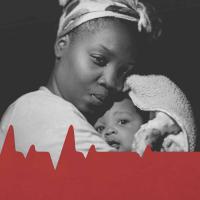
During the “Racism in America: Health” webinar on March 29, four Cornell faculty members elaborated on ways the COVID-19 pandemic has exposed race-based discrepancies in health care and health outcomes under the American health care system.